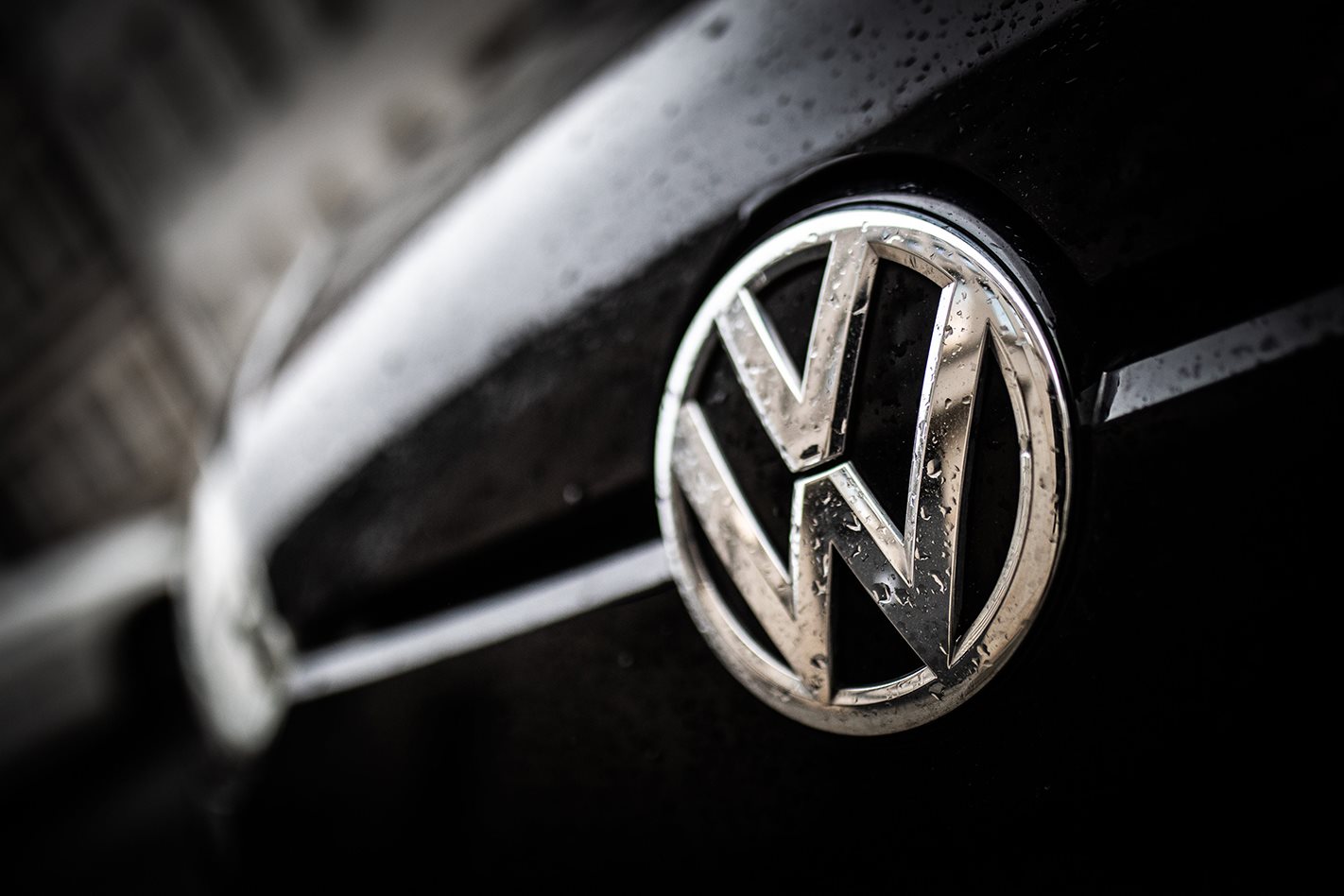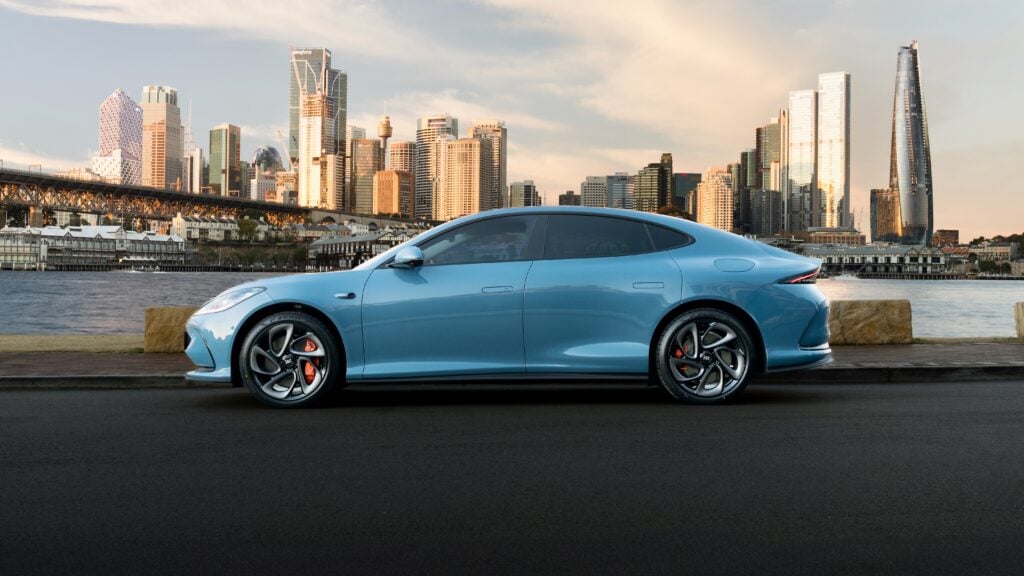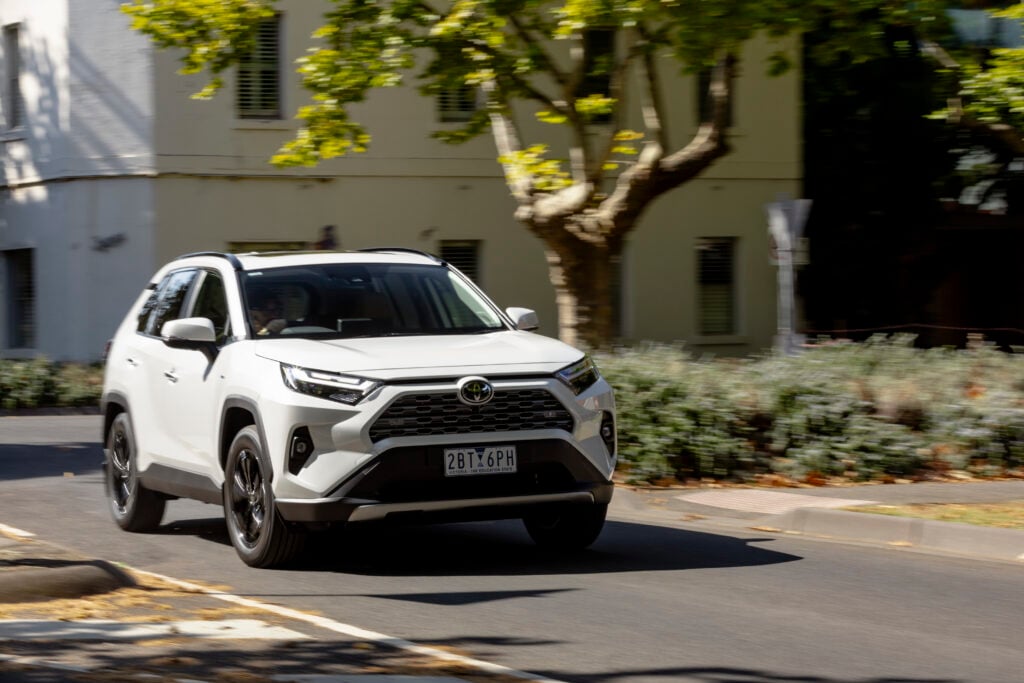
Owners of Volkswagens, Audis and Skodas affected by the diesel emissions cheating scandal of 2015 may be entitled to compensation as a result of class actions brought by law firms Maurice Blackburn and Bannister Law.
While the settlement reached with Volkswagen is subject to Federal Court approval, about 100,000 owners could expect an average of $1400 each.
Money Magazine did the digging to tell you everything you need to know about the proposed compensation.
Why is Volkswagen paying compensation?
In a statement Volkswagen says the settlement “is a significant step towards fully resolving the diesel lawsuits in Australia”.
Julian Schimmel, the principal lawyer at Maurice Blackburn, says “it is an important step in providing a measure of justice and redress to the thousands of Australian motorists who claim they were financially impacted by the diesel emissions issue”.
Is compensation guaranteed?
It’s officially an “in-principle settlement” agreed to by the law firms that commenced the class actions and Volkswagen.
Approval needs to be granted by the Federal Court, but there’s no reason to think the final boxes won’t be ticked.
Who is entitled to compensation?
Those who owned or “had an interest in” an affected vehicle when the diesel emissions cheating scandal became public in September 2015. You didn’t have to buy the car new, just own it on the nominated dates – and it doesn’t matter if you’ve since sold it.
There are two key dates. Bannister Law nominates September 18, 2015, the date the ‘Dieselgate’ emissions cheating scandal was exposed globally. Maurice Blackburn stipulates October 3, 2015, when it was confirmed Australian cars were affected.
How much compensation will I get?
Volkswagen has up to $127 million to be distributed to about 100,000 owners. The company estimates owners will on average receive $1400.
But there are other factors that have not been determined yet. That includes how many people claim and the type of vehicle; logically owners of cheaper cars would receive less and owners of more expensive vehicles more.
How do I register?
If you owned one of the affected vehicles on the nominated dates (see full list below) you are automatically included in the class action. But you need to register to receive a payment.
The easiest way is to contact one of the law firms that commenced the class actions. Visit the websites of Bannister Law and Maurice Blackburn.
Why wouldn’t I claim compensation?
Because you can’t be bothered or don’t want to deal with the paperwork.
Those who voluntarily opted out before October 18, 2017, may also be able to pursue compensation independently, something that comes with its own costs and risks.
How much will it cost me?
With either Maurice Blackburn or Bannister Law there is no cost to register.
Each law firm plans to recoup legal costs directly from Volkswagen, something to be determined by a court.
Bannister also engaged a litigation funder which is seeking a contribution from claimants. A court will determine whether those funds are taken from claimants registered with Bannister Law or whether a mechanism is used to equalise payments across all claimants.
When will compensation be paid?
The expectation is that payments will be made in 2020, but there are no details on when and how; that will be determined by a court.
Maurice Blackburn says it will put a distribution proposal to the court with the view to distributing funds to its clients.
This article first appeared at Moneymag.com.au
Affected vehicles
Volkswagen
- Amarok (model years 2011 – 2012)
- Caddy (model years 2010 – 2016)
- Eos (model years 2009 – 2014)
- Golf (including Golf Wagon) (model years 2009 – 2013)
- Jetta (model years 2009 – 2016)
- Passat (model years 2009 – 2015)
- Passat CC (model years 2009 – 2012)
- Polo (model years 2010 – 2014)
- Tiguan (model years 2008 – 2016)
- Volkswagen CC (model years 2012 – 2016)
- A1 (model years 2010 – 2015)
- A3 (1.6L) (model years 2009 – 2013)
- A3 (2.0L) (model years 2011 – 2013)
- A4 (model years 2008 – 2015)
- A5 (model years 2012 – 2016)
- A6 (model years 2009 – 2015)
- Q3 (model years 2012 – 2014)
- Q5 (CAH Engine) (model years 2009 – 2011)
- Q5 (CGL Engine) (model years 2009 – 2016)
- TT (model years 2009 – 2014)
- Octavia (model years 2008 – 2013)
- Superb (model years 2009 – 2015)
- Yeti (model years 2012 – 2016)



